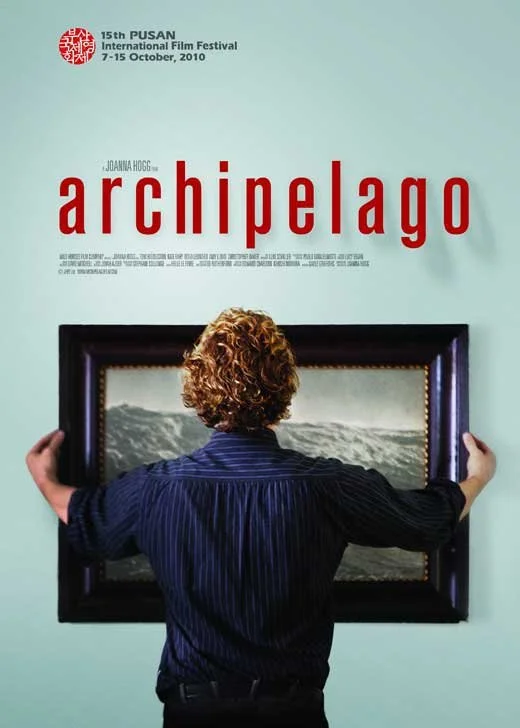I still consider this Hogg's best work to date (excluding The Souvenir, which I have yet to see at the time of this writing). Her scalpel-like precision at dissecting middle-class malaise ranks among the best of this decade. A carefully and hermetically constructed world where the outside, or a "reality", is barely viewable. The perspective is contained and wound so tightly that it could break apart so easily, which is precisely why her technique is so immediately grabbing. She probes seemingly so gently here that the inherent melodramatic narrative structure is reduced to almost nothing.
The luxury of privilege on full-display. To feel as though you are so superior and intelligent and generous, yet the burden of actuality exists and creeps in through the corners, dwelling in the shadows. The fear of knowing, or acknowledging, the world outside of their little bubble might be the most terrifying thing in their lives. That for all their money and class and education, it amounts to almost nothing when you leave your haven of banality.
There is a condescension to every conversation here. Whether it's between family members or when they engage with the help, as one could call them, there's a quality to their engagement with others that accentuates the isolation the entire piece presents. The main family speak to each other as if they're hardly listening, engaging, with the person/people their talking to. They exist within their own bubbles. And it's precisely why when Hiddleston's Edward engages with the help (Amy Lloyd's Rose) his approach and tone never rises above viewing her as someone below him, class-wise (to say nothing of his perspective of the African people he is supposedly helping). It's as if to view someone from a different social strata than himself is akin to viewing an animal in a zoo - engaging with them in the same way a child would fill their hand with food for said animal and letting them eat out of their hand.
In a certain light, the film at times almost touches upon the kind of awkwardness that approaches horror territory. The confrontation in the restaurant is one of the most oppressive scenes in modern cinema (in my estimation). The establishment of the kind of hierarchical perspective of its central family prior to said scene only reinforces the brutality of it. The blade piercing the skin deeper and revealing the hatred not so hidden beneath.





















